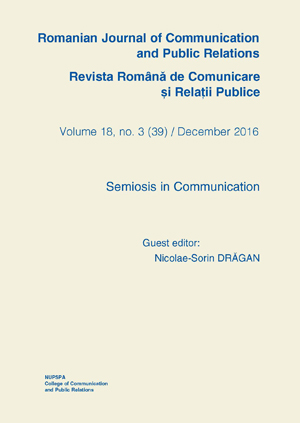Epistemology – the Theory of Knowledge or Knowing? Appreciating Gregory Bateson’s Contribution to the Cartography of Human Cognition
Epistemology – the Theory of Knowledge or Knowing? Appreciating Gregory Bateson’s Contribution to the Cartography of Human Cognition
Author(s): Zdzisław Wąsik Subject(s): Philosophy
Published by: Editura Comunicare.ro
Keywords: constructivism; epistemology; knowledge; philosophy; reality
Summary/Abstract: This article aims at a confrontation of two approaches to epistemology in order to answer the question posed in its title whether the theory of knowledge should focus on static or dynamic aspects of human cognition. In the first part, the author presents a metascientific understanding of epistemology defined in his own works as an ordered set of investigative perspectives, which practicing researchers have at their disposal when they are interested to attain a specific state of knowledge, or to support their beliefs about the nature of investigative domains with regard to the existence forms and accessibility of investigated objects. And, in the second, the subject matter of a more detailed presentation constitutes a psychophysiological approach to epistemology pertaining to the human organism preoccupied with sensorial and mental activities as a cognizing subject who aims at achieving a certain kind of information about reality. Common for both approaches to epistemology is the attainment of experiential knowledge. However, when the metascientific epistemology refers to a dispositional-perspectivistic state of knowledge acquired in cognition, the attention of the psychophysiological epistemology is paid to cognitive-constructivists activities of human organisms as subject acquiring their knowledge through personal experiences.
Journal: Revista Română de Comunicare şi Relaţii Publice
- Issue Year: 18/2016
- Issue No: 3
- Page Range: 23-35
- Page Count: 13
- Language: English

